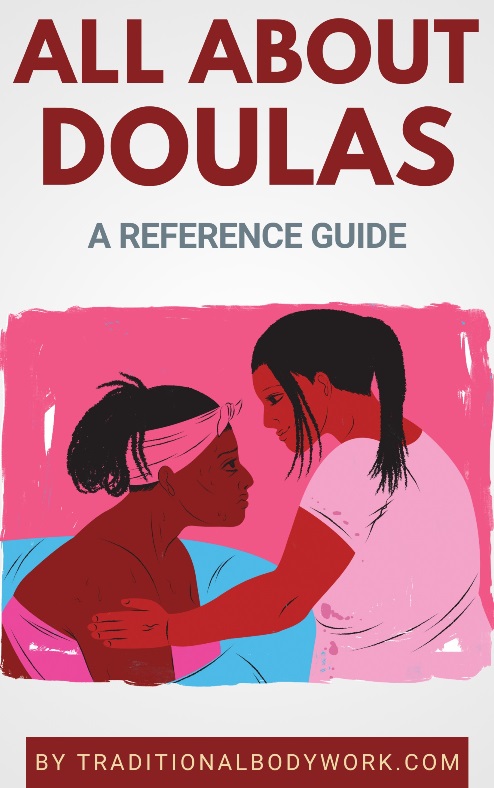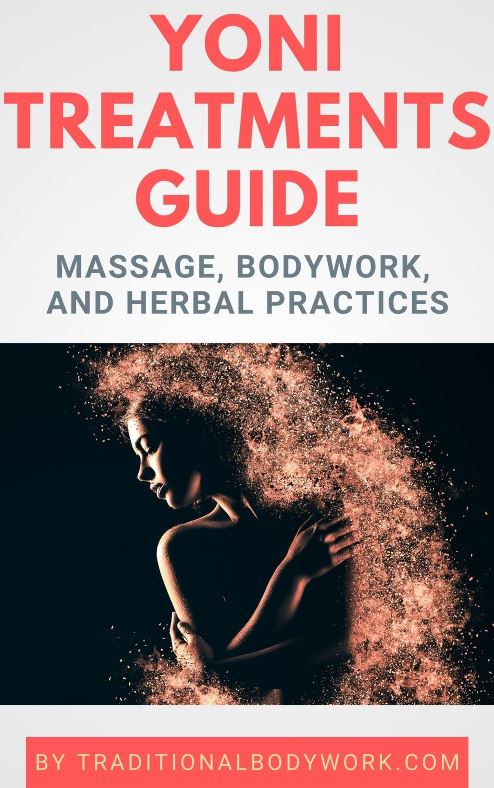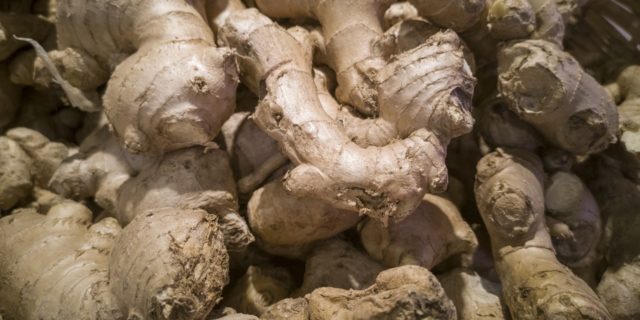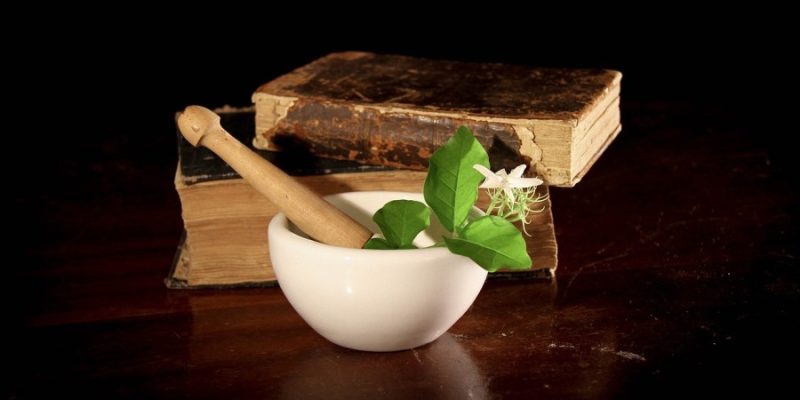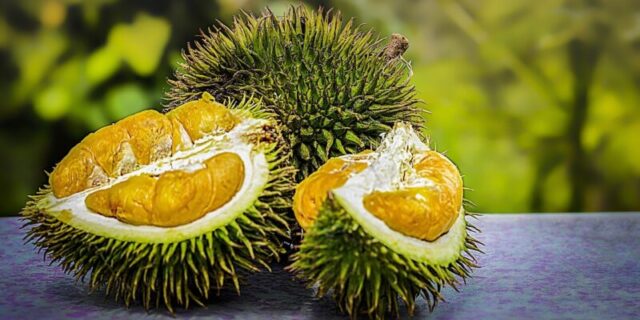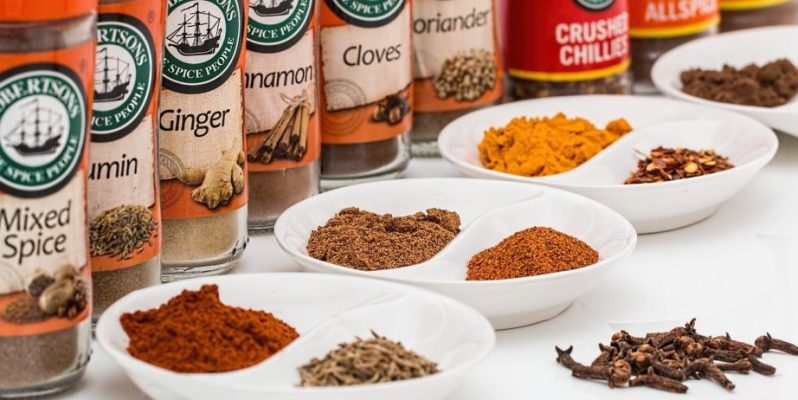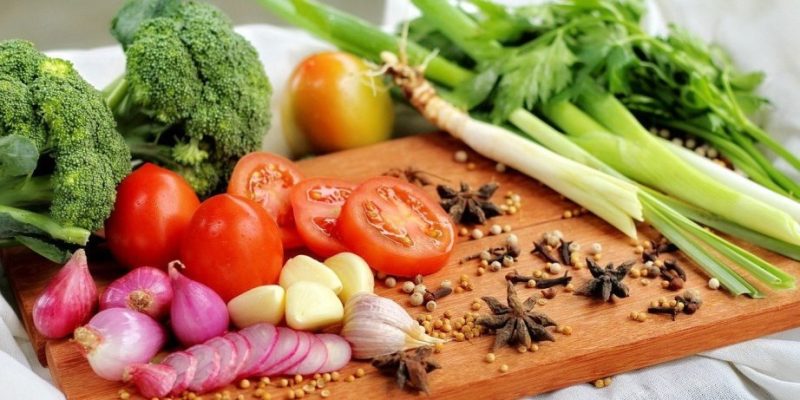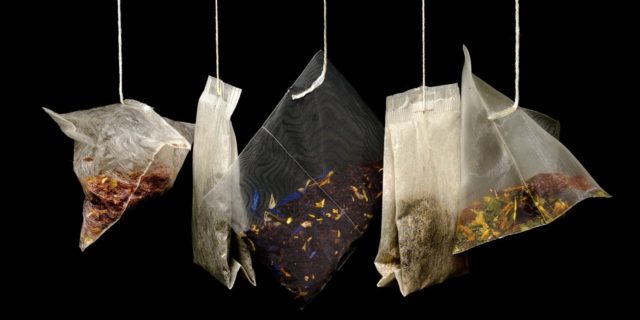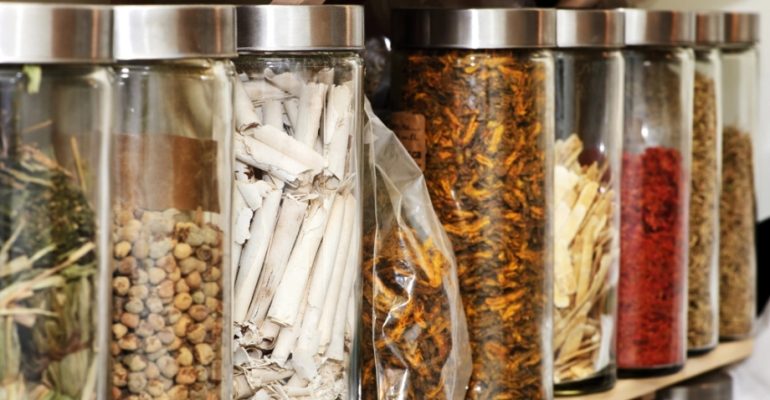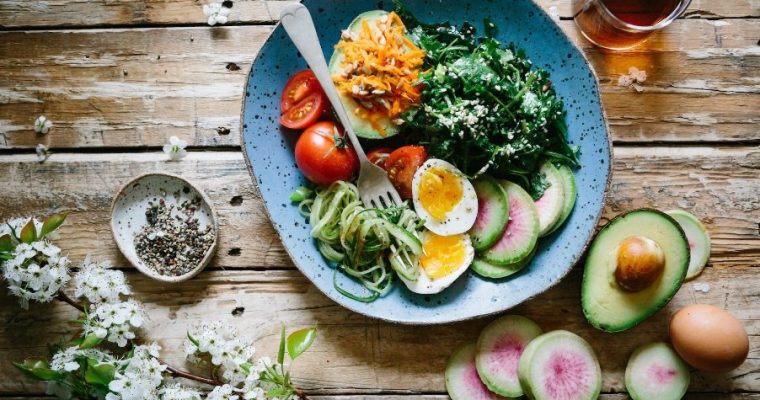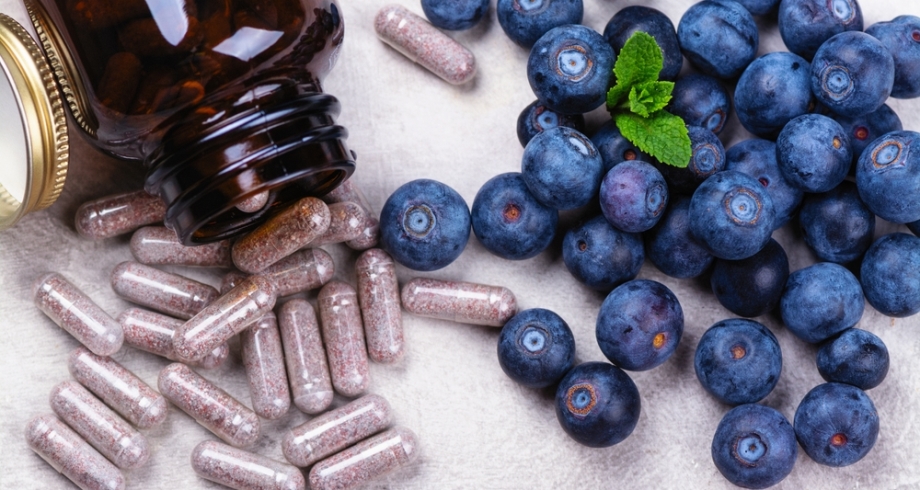
In our contemporary society, we are exposed daily to many potentially fertility-harming substances, such as so-called free radicals (oxygen molecules with an unequal number of electrons which can cause damage in the body) and certain toxins, like pesticides, alcohol, drugs, and air pollutants, just to mention some of many examples.
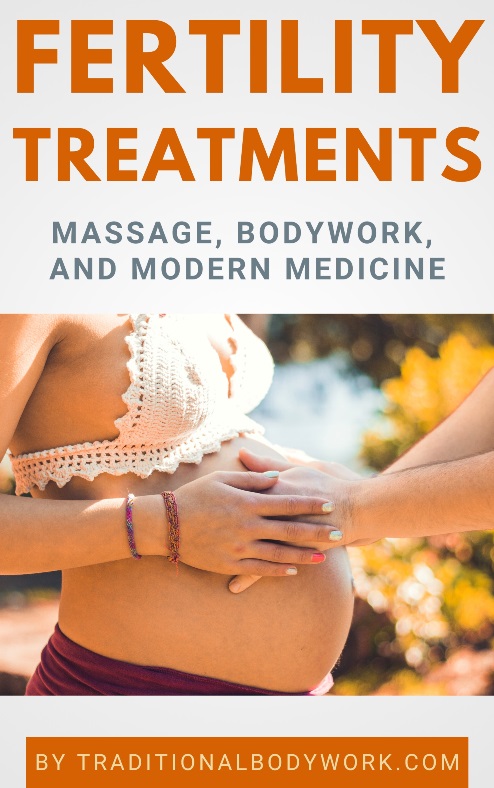
Free radicals can be found in our food and drinks, our medicines, and in the air we breathe. They take part in normal functioning of our bodies, but an excess of free radicals can lead to oxidative stress (impairs cell regeneration and repair, accelerates aging, and causes development of certain diseases), which may impact female and male fertility negatively and can cause infertility or miscarriages, fetal death, abnormal fetus development, low egg quality, abnormal sperm, and such.
Some factors that can increase oxidative stress are toxins such as bisphenol-A, parabens, phthalates, herbicides and pesticides, aging, stress, overweight and obesity, malnutrition, not enough exercise, excess caffeine, and diabetes, to name a few examples.
Food supplements, in this case antioxidant supplements, can help to counteract the negative impact of oxidative stress and boost fertility. Some well-known pharmaceutically produced supplements are vitamins C, E, and B-complex, coenzyme Q10, melatonin and a range of minerals (for instance, selenium, zinc, copper, manganese, and chromium), but there are also many naturally produced herbal antioxidant supplements available for purchase.
Of course, we don’t need to rely on supplements only; a healthy diet with products that contain plenty of antioxidants is advised. Think of fruits or vegetables like beans, cranberries, peaches, raspberries, red grapes, strawberries, figs, cherries, pears, guava, oranges, apricots, artichokes, orange vegetables, mango, papaya, and tomatoes, to name a non-exhaustive list of foods with high levels of antioxidants.


